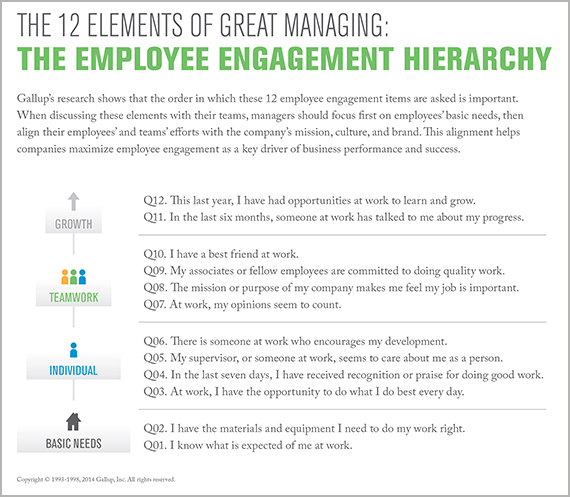
Do you give anything away for free?
Maybe it’s a free upgrade to an order, maybe it’s a free white paper, maybe its a free consultation.
Why would you do that?
Free is the opportunity to create a reciprocal relationship. Free could be the chance to prove yourself.
So what could you give away for free? Probably something you have in abundance. The reason a lot of restaurants give away free drinks, is because they have a huge amount of syrup on hand and it costs them very little. But at the same time their profit margins on the drinks are huge. But if it leads to a purchase of a burger or pizza, they come out ahead. It also gives them a chance to make you a fan!
I have an over abundance of ideas. While in the gym the other day, I saw a commercial for CopperFit Compression products. It had Brett Farve playing flag football with the compression product. My brain immediately thought, what an amazing campaign idea: take submissions of people using CopperFit products to win a chance to play flag football with Brett Farve! So I tweeted it to them.
No one responded. I didnt expect them to. It didn’t cost me anything to tweet it and I didn’t lose anything by sharing that idea. But the upside could be huge. What if someone from Copper fit saw it and thought, “Hey, I like that idea!” and gave me a call. What if someone else say that idea and thought, “That guy has a great idea, I wonder what he could do for my brand.”.
It could lead to future business. Ideas are worthless if you do nothing with them. I am going to start sharing more of mine with #freemarketingidea.







